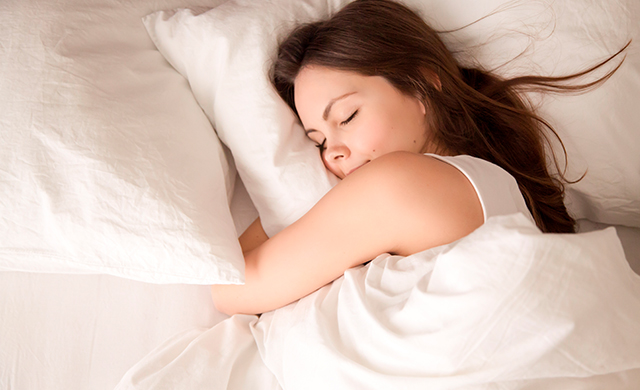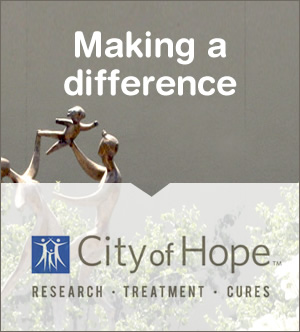
How to get a good night's sleep during the warm summer months
08/28/2021 06:00AM | 2190 viewsWith warmer weather and longer days, many people may be finding it difficult to get a good night’s sleep.
Society is also continuing to reopen, meaning many people’s daily and weekly schedules are likely to be changing alongside the better weather.
So is there anything that can be done to work towards ensuring a good 7-8 hours sleep every night?
Sleep specialist Tom Coleman - leading consultant in Health & Wellness, and co-founder & CEO of My Nutrition Ireland - spoke to Lunchtime Live to answer listeners’ questions and offer some tips.
He explained: “Temperature is a key factor in sleep… our core body temperature starts to rise around 5am, and then around 5pm it starts to drop. We’re cooling down as the evening begins.
“If people are too warm, you won’t sleep - we’ve all been there. The advice is that having a warm shower causes a rebound cooling effect on the body - that can help.
“Keep your room cool… if people struggle, throw the bedsheets off and let your body cool down.
“The cognitive and emotional wind-down is important for us as well. I would say we need to start paying attention to ourselves 30-60 minutes before we go to bed. Start that wind down.”
One listener asked whether they should stop using an eye mask and earplugs to help sleep - but Tom believes it’s not something they should worry about.
He explained: “It’s controlling that sensory environment. We’re incredibly sensitive to light… if there’s one little crack in the curtain, that’s enough to wake you up an hour early.
“Stick with the eye mask. The earplugs are incredibly useful… so don’t worry about it. The important thing is your sleep quality.”
For those who can’t sleep at night, Tom recommends having a strategy - a non-sleep deep rest relaxation protocol.
He explained: “We look at our breathing, do some meditation… our goal isn't sleep, it’s relaxation.
“After that, then, if we feel we still have no hope of sleeping… I would say get up. One of the first courses of treatment for insomnia would be sleep restriction: the next night then that would help you.
“But the question is why it’s happening: what are we doing during the day that’s not causing us to sleep? Everything we do during the day will inform our sleep at night.”
Phones and naps
Smartphones, TVs and computers be major culprits in terms of impacting or disrupting our night’s sleep, especially as we try to wind down after a long day.
Tom said the reality is that most people now use their phones before sleep and leave them beside the bed.
Whereas the blue light from a phone or scrolling through social media feeds can disrupt sleeping patterns, Tom said listening to podcasts or relaxing music as a sleep aid is not something that’s likely to disrupt someone’s deep sleep.
He also noted that wearable tech is often inaccurate about measuring things like deep sleep - so be careful about what you read into the numbers offered.
One of the big questions for many people is around naps: are they healthy, or should they be avoided at all costs?
Tom said in general the expert advice is to go to bed and get up at the same time.
However, he acknowledged ‘life happens’ and therefore it’s not always possible to stick to a routine.
It's important not to have a 'sleep deficit' and a nap in some circumstances can help someone catch up with missed sleep.
He observed: “If we’re napping, we take short naps or a full 90 minutes, because we sleep in 90-minute cycles.
“If you go over the 20-30 minute area, you’re going to go into deeper phased sleep and you’re going to feel terrible if you wake up after an hour.”











Post your Comment
Please login or sign up to comment
Comments